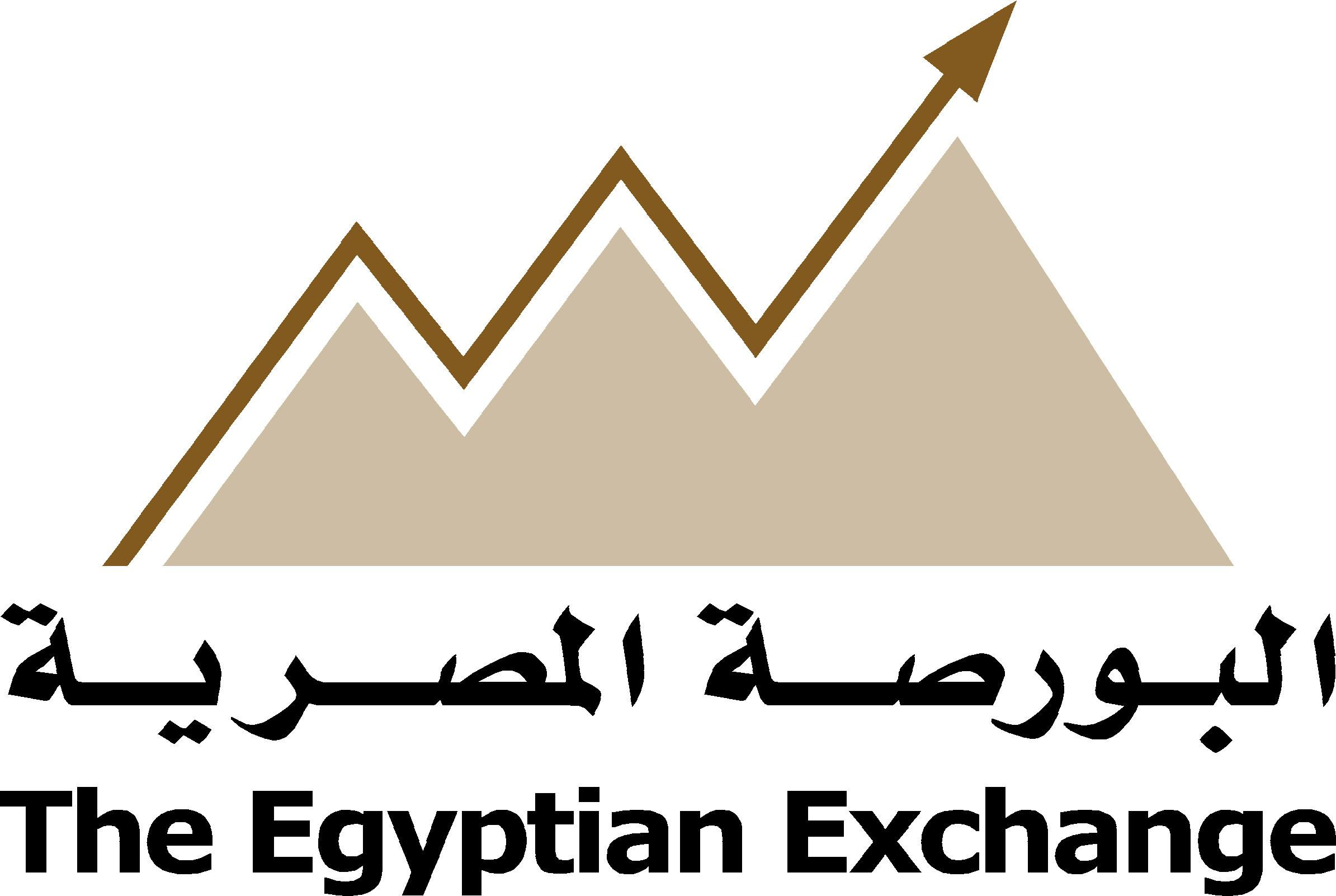Promoting Industrial Growth and Encouraging Foreign Direct Investment in Egypt

The Egyptian Exchange
Sorry no problems found

The Egyptian Exchange
Large modal
Challenge(s)
Recommendation(s)
Status/Notes
Rate Reccomendation
Rate Progress
Copyright ©2020 Center for International Private Enterprise (CIPE); all rights reserved. Privacy Policy
